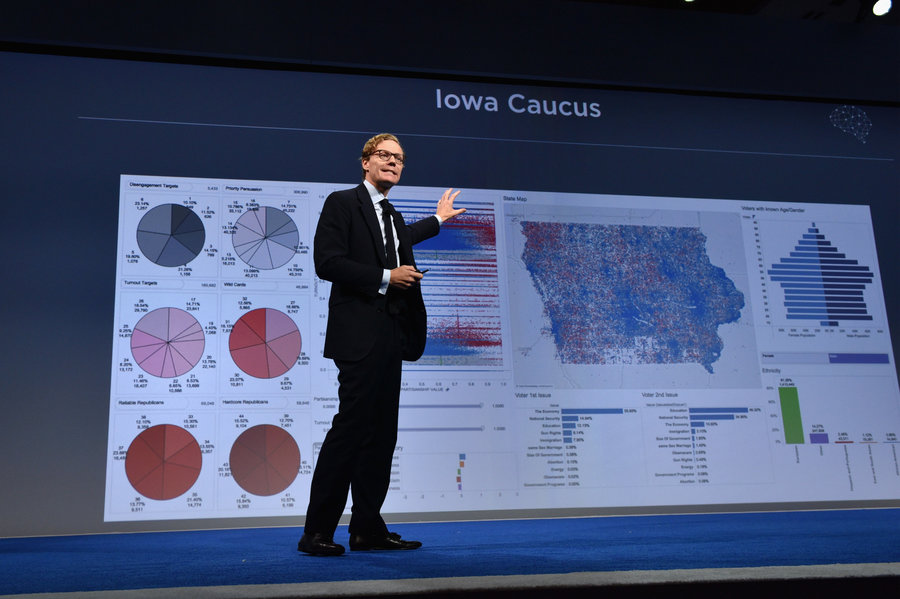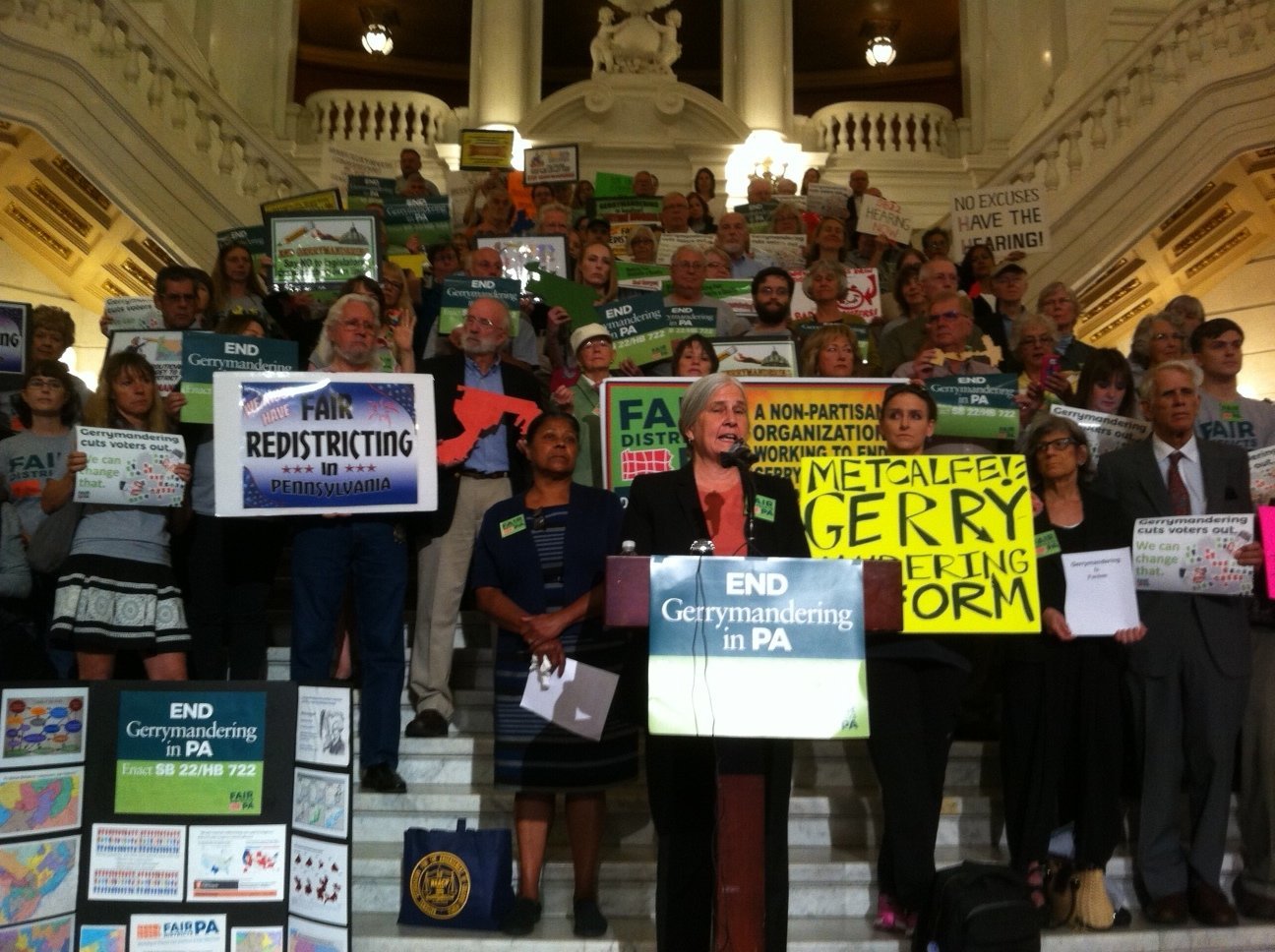
by zolbrys | Oct 16, 2018 | Amicus, Criminal Justice, Voting and Elections Rights
In the upcoming November election, Floridians will have the opportunity to vote on proposed Amendment 4—a grassroots, citizen-created amendment—which, if approved, will restore voting eligibility to people with prior felony convictions once they have fully completed...

by hlsmultitest | Oct 3, 2018 | Amicus, Guest Author, Voting and Elections Rights
Guest Post by Geoffrey Wyatt and Neil Weare Geoffrey Wyatt is Counsel at Skadden, Arps, Slate, Meagher & Flom LLP. Neil Weare is President of Equally American, a non-profit that advocates to advance equality and civil rights in U.S. territories. They represent...

by clemaire | Apr 22, 2018 | Amicus, Congress, Guest Author, Privacy and Technology, Voting and Elections Rights
Guest Post by David Meyerson, @dbmeyerson, a Software Engineer at Microsoft and co-teacher of computer science in Boston Public Schools. Personal data from 87 million Facebook users in the U.S. was used without those users’ consent to help political consulting firm...

by bchen | Feb 19, 2018 | Amicus, Congress, Courts & Judicial Interpretation, Racial Justice, Voting and Elections Rights
Pennsylvania’s current congressional map was found unconstitutional by its state supreme court on January 22, and the Republican-led legislature’s subsequent failures to secure a stay from the U.S. Supreme Court or settle on a new map with Gov. Tom Wolf could strike a...

by bchen | Feb 9, 2018 | Amicus, Courts & Judicial Interpretation, Criminal Justice, Freedom of Expression, Policing and Law Enforcement, Racial Justice, Voting and Elections Rights
In Florida, the end of your incarceration can be the beginning of a life-long sentence. That’s because Florida is one of four states that does not automatically restore civil rights (most prominently, voting rights) to people who were convicted of felonies but have...

by Harvard Negotiation Law Review | Mar 9, 2017 | Amicus, Courts & Judicial Interpretation, Voting and Elections Rights
Redistricting – the redrawing of state voting district boundaries every ten years – is intended to ensure that state legislatures fairly represent their voters. Instead, in a practice called gerrymandering, state lawmakers often architect voting districts that will...







